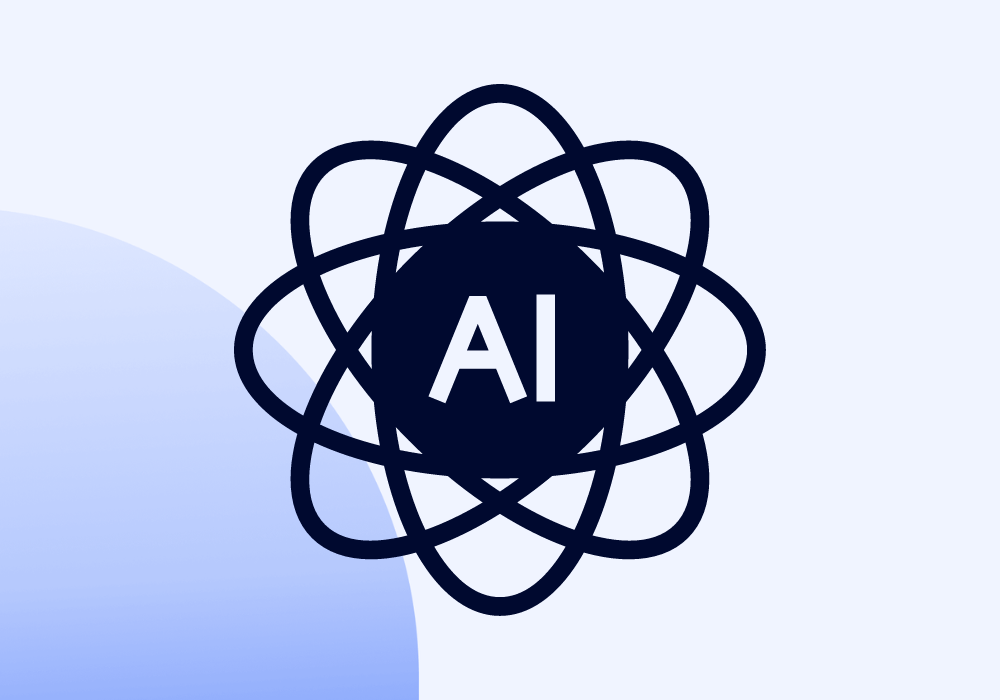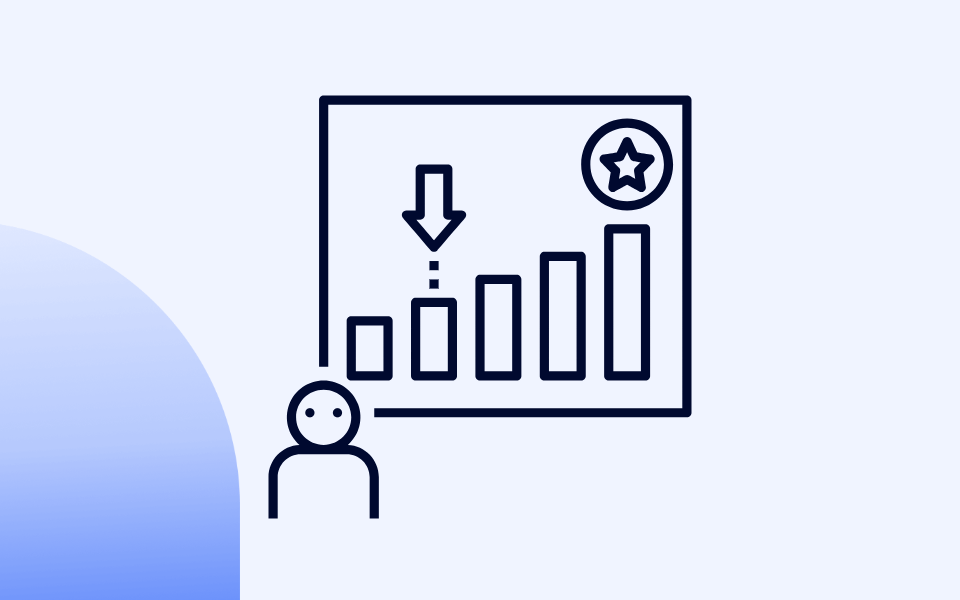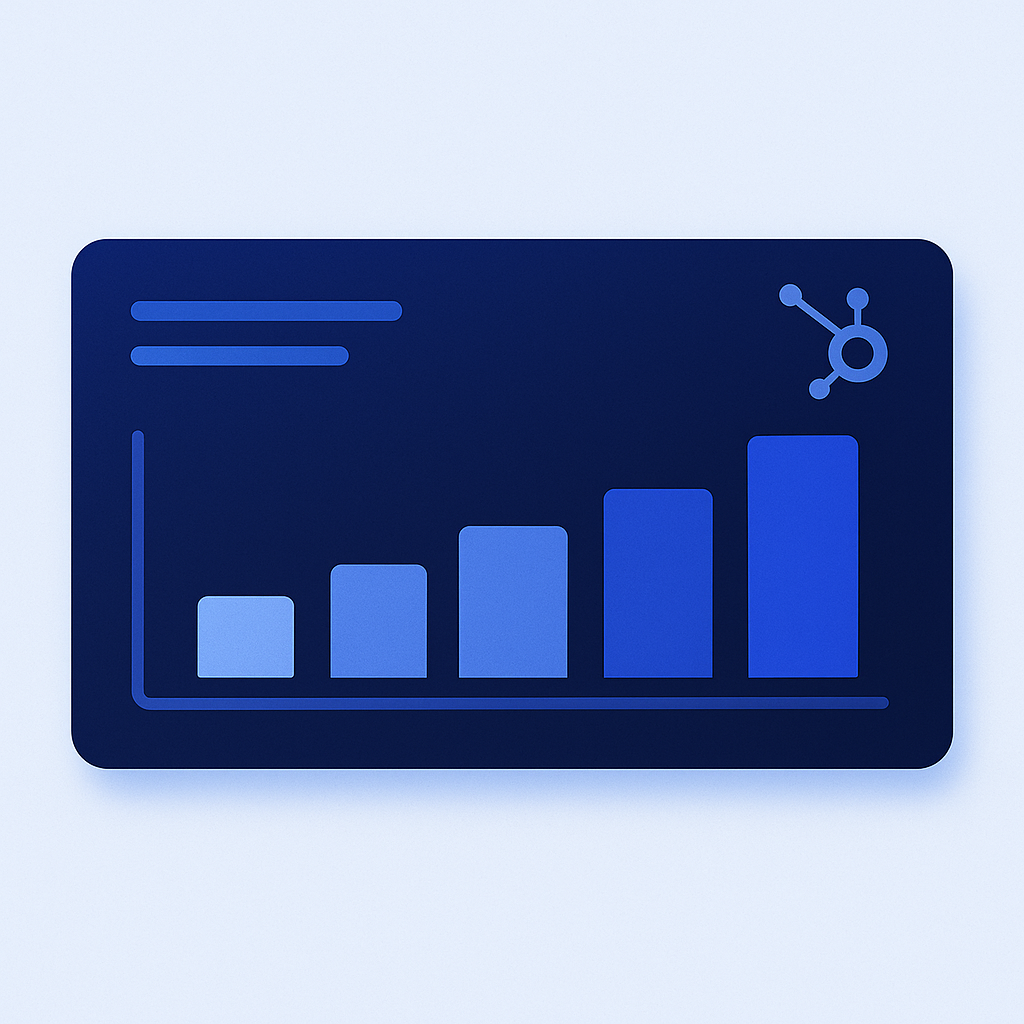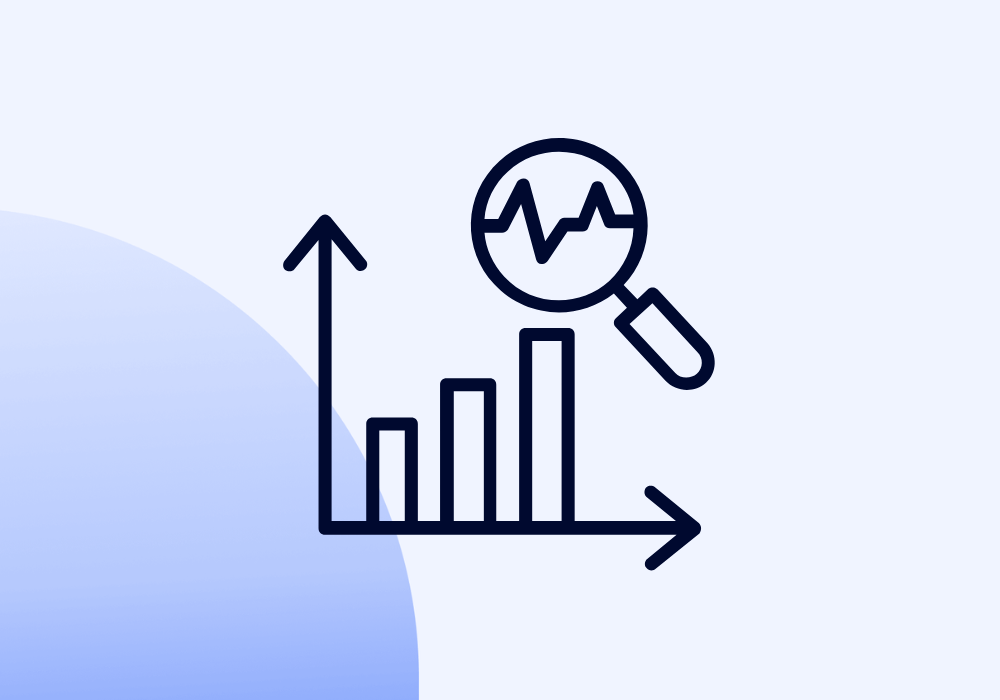How HubSpot Lead Scoring Helps Identify Your Best Leads (2025)
AI Agents: How They Transform Customer Service, Sales, & Marketing

This post will show how AI agents can soon take over key business roles, allowing you to employ AI agents instead of human employees to do complex and repetitive tasks.
Businesses already leverage AI agents to handle customer service, sales, and marketing tasks at a fraction of the cost and time.
AI agents learn and improve over time, making them even more efficient as they integrate with tools like HubSpot to streamline processes and scale growth.
- What Are AI Agents and How Do They Work?
- Overcoming Key Business Challenges with AI Agents
- Applications of AI Agents in Marketing, Sales, and Success
- AI Agent Tools That Make Automation Possible
By the end of this guide, you'll know exactly what AI agents are and how they can support your business by automating tasks and driving productivity.
Ready to see how AI agents can transform your business? Let’s dive in.
What Are AI Agents and How Do They Work?
So, what exactly is an AI agent? Simply put, it’s an intelligent system that can perform tasks independently, with little to no help from you or any other human.
Think of AI agents in this way:
An AI agent is like combining the smarts of AI tools like ChatGPT with the efficiency of a virtual assistant at a fraction of the price.
It can handle tasks such as answering customer questions, researching, scheduling meetings, writing social media posts, and generating leads for your sales team.
You might wonder how AI agents are different from tools like ChatGPT and Claude, with which you’re familiar.
Large Language Models (LLMs) like ChatGPT are designed to generate text and answer questions based on vast data.
While they excel at language processing, they have limitations: LLMs can’t reason, remember past interactions, or take real-world actions.
AI agents, on the other hand, take LLM capabilities a step further.
AI Agents combine LLMs' language understanding with tools like memory, access to databases, and the ability to interact with real-world systems such as a CRM, cold email tool, or a spreadsheet.
This allows AI agents to perform tasks, make decisions, and take actions based on the information they process.
For example, while an LLM chatbot might answer frequently asked questions, an AI agent can access a database to track an order, schedule appointments, or interact with other services through APIs.
Together, these technologies offer a more comprehensive solution—LLMs handle language tasks, and AI agents act on the information to solve more complex, real-world problems.
This synergy creates a system that can process language and take meaningful action, offering businesses a more robust tool for customer support, automation, and decision-making.
Overcoming Key Business Challenges with AI Agents
As your business grows, so do the challenges in key areas like customer service, marketing, and sales. Managing the increasing workload in these departments often leads to bottlenecks that slow down operations.
For instance, your customer service team is expected to provide 24/7 support, manage a flood of inquiries, and deliver fast, accurate responses.
Limited resources can cause delays, which frustrates customers and negatively impacts revenue.
Marketing teams face similar challenges. The constant demand for launching new campaigns, generating relevant leads, and analyzing data can overwhelm traditional methods.
Keeping up with the need for tailored content, precise messaging, and effective lead nurturing becomes more challenging.
Meanwhile, your sales team is juggling prospect outreach, follow-ups, and closing deals, all while trying to maintain productivity.
This is where AI agents can offer a real solution.
Unlike traditional AI tools that handle just one or two tasks, AI agents are advanced systems capable of managing entire workflows independently and non-linearly.
Think of them as highly skilled digital assistants that take over key functions in customer service, marketing, and sales without increasing your team size.
In customer service, AI agents can instantly respond to inquiries, personalize replies, and escalate complex issues when needed.
For your sales team, they can manage everything from initial outreach to follow-ups and CRM updates, taking over full processes and reducing the need for human involvement in repetitive tasks.
By fully integrating AI agents into your operations, you can replace entire job functions, cut costs, and speed up processes, allowing your team to focus on higher-level tasks that drive growth.
Applications of AI Agents in Marketing, Sales, and Success
AI agents can handle various tasks, and their capabilities are constantly evolving. In platforms like HubSpot, they assist with automating customer interactions, marketing, and sales processes.
Unlike static systems, AI agents improve over time through continuous data input and refinement. With each interaction, they become more efficient, refining their responses and speeding up tasks based on updated data and feedback.
As a result, AI can streamline operations, making processes faster, more accurate, and more reliable. This leads to better decision-making, automation of repetitive tasks, and increased overall productivity.
AI agents are not just a futuristic concept—they are widely used across retail, healthcare, finance, and marketing industries.
They are automating and enhancing processes like customer service through chatbots, managing inventory, detecting fraud, and optimizing marketing campaigns, driving significant efficiency and time savings improvements.
Below are some examples of how AI agents can be applied to marketing, sales and success.
1. Marketing
AI agents are changing how teams run campaigns and interact with leads in marketing.
They can take over tasks like generating leads, sending personalized emails, and updating data in your CRM.
Here are some specific ways AI agents can support marketing efforts:
- Content Creation: AI agents can draft blog posts, social media content, and emails, reducing the time and effort needed to produce consistent, on-brand content.
- SEO Optimization: AI agents can enhance your website’s SEO by analyzing search trends and recommending updates to increase visibility.
- Webinar Coordination: AI agents can manage to organize and to promote webinars or workshops, from sending invites to following up with participants.
- Content Distribution: AI agents can automate the distribution of marketing materials across multiple channels, ensuring that your audience receives timely and relevant content.
By leveraging AI agents, marketing teams can significantly reduce their workload while maintaining high output, efficiency, and creativity.
2. Sales
Sales teams often deal with numerous administrative tasks that can slow down their ability to close deals. AI agents can assist by automating much of the sales process, from lead generation to follow-ups, allowing salespeople to focus on building relationships and closing deals.
Here’s how AI agents can help in sales:
- Cold Outreach: AI agents can send personalized cold emails based on a prospect’s LinkedIn profile, helping to start conversations and move leads through the funnel.
- CRM Updates: AI agents can automatically update CRM entries, assign lead scores, and log interactions, ensuring your CRM is always accurate.
- Follow-up Automation: After a meeting, AI agents can send personalized follow-up emails, set reminders for the next steps, and even schedule follow-up meetings based on availability.
- Proactive Outreach: AI agents can regularly check in with prospects or clients, offering assistance and gathering feedback to keep the relationship warm.
With AI agents handling these tasks, sales teams can streamline operations and focus on high-value interactions with prospects and clients.
3. Customer Success
Customer success teams often manage a high volume of inquiries, which makes it challenging to provide fast, personalized service.
AI agents can help by managing common questions, resolving basic issues, and escalating more complex requests when necessary. Here’s how AI agents can assist in customer success:
- Support Ticket Management: AI agents can monitor and respond to customer support tickets, escalating complex issues to human agents when necessary.
- Onboarding: AI agents can guide new customers through onboarding, ensuring they understand how to use your product or service effectively.
- Customer Monitoring: AI agents can track customer usage patterns and alert your team if a client is at risk of churn or if there’s an upsell opportunity.
- 24/7 Support: AI agents can provide round-the-clock support, answering common questions and resolving simple issues even when your team is offline.
AI Agent Tools That Make Automation Possible
As AI agents become more central to business operations, various tools have emerged to support different needs.
Whether you’re looking to automate simple tasks like managing emails or more complex workflows involving CRM systems and data analysis, there’s an AI agent tool for you.
Here’s a look at some popular AI agent tools and how they can integrate with platforms like HubSpot:
1. agent.ai
This project is led by Dharmesh Shah, co-founder and CTO of HubSpot. Dharmesh has been writing software for over 30 years and believes that AI agents are the future of business automation.
Agent.ai is a professional network for AI Agents where users can discover, connect with, and hire AI agents for various tasks. It is a platform for AI agents and those looking to work with them.
He says, "In a year or two, I think it'll be as common to build AI agents to solve customer problems as it is to build web apps today."
Currently, the available agents are developed internally, but the goal is to open the platform to the world, allowing more businesses to access powerful AI-driven automation.
2. Claygent
Claygent focuses on lead generation and sales automation. One of Claygent’s standout features is its ability to eliminate the need for manual account research, a task that often consumes hours of sales development reps' (SDRs) time.
SDRs typically spend hours gathering enough personalized information to qualify leads and write relevant outreach emails. With Claygent, this process happens in seconds.
It automatically researches and enriches company and contact data, freeing up valuable time for SDRs to focus on building relationships and nurturing sales.
Claygent can research any company based on its website or public information.
Whether you need to find details about a company's customers, job positions, office locations, or specific information, such as whether the company is hiring, Claygent can help.
Claygent doesn't stop at companies—it can also drill down to individual contacts.
You can identify critical decision-makers, find people mentioned in case studies, and verify if they still work at the company. This capability is invaluable for personalizing outreach and improving targeting.
With Claygent, you can instantly answer crucial sales questions like:
- Is this company hiring right now?
- Does the company mention CSV imports on their site?
- What is the average pricing listed on their site?
3. n8n
n8n is a powerful, open-source workflow automation tool designed to create custom workflows that automate tasks across multiple business functions.
It’s flexible and integrates seamlessly with platforms like HubSpot, automating data entry, lead scoring, and customer outreach processes.
Built on a node-based architecture, n8n allows users to connect various services and applications, making it ideal for teams seeking more control over their automation.
Sales teams can use n8n to enrich customer data, streamline lead management, and automate personalized outreach campaigns.
Integrating with a CRM like HubSpot it enables sales teams to focus on relationship building rather than manual data entry.
With its ability to connect with multiple APIs, n8n helps gather insights on market trends and competitors, allowing for informed decision-making and strategic planning.
Whether you need to code in JavaScript or Python or prefer a visual workflow builder, n8n offers flexibility. It supports self-hosted models and external libraries, making it a versatile tool that enhances operational efficiency and boosts sales performance.
4. Cassidy
Cassidy is designed to automate sales and marketing workflows, helping businesses streamline tasks like personalized outreach, follow-ups, and lead management.
It analyzes customer interactions to optimize messaging and integrates with platforms like HubSpot to automate tasks such as updating deal stages, sending follow-up emails, and scheduling meetings. This allows sales teams to focus on building relationships and closing deals.
Examples of what Cassidy can do:
- Automate complex RFPs: Cassidy can analyze and respond to detailed RFPs by drawing on your company’s past responses, case studies, and internal data.
- Write cold emails from a LinkedIn profile: Using data from LinkedIn profiles, Cassidy can draft tailored cold emails to engage potential leads.
- Automatically assign scores to leads in your CRM: Cassidy integrates with your CRM to evaluate and score leads based on interactions and predefined criteria.
- Write cold emails to prospects: Cassidy generates personalized cold outreach emails, ensuring each message is relevant to the recipient.
- Personalize sales meeting follow-up emails: Cassidy can draft customized follow-up emails after a meeting, incorporating specific details from the interaction.
- Draft replies to customer emails and tickets: Cassidy helps customer support teams by drafting replies to emails and tickets, ensuring consistent and accurate responses.
Unlock the Potential of AI Agents for Your Business
Now is the perfect time to explore what AI agents are and how they can elevate your business. Whether you're looking to streamline customer support, improve sales outreach, or optimize your marketing efforts, AI agents provide the tools to do it all.
Start integrating AI agents into your workflow with platforms like HubSpot and take the first step toward a more automated, efficient future.


